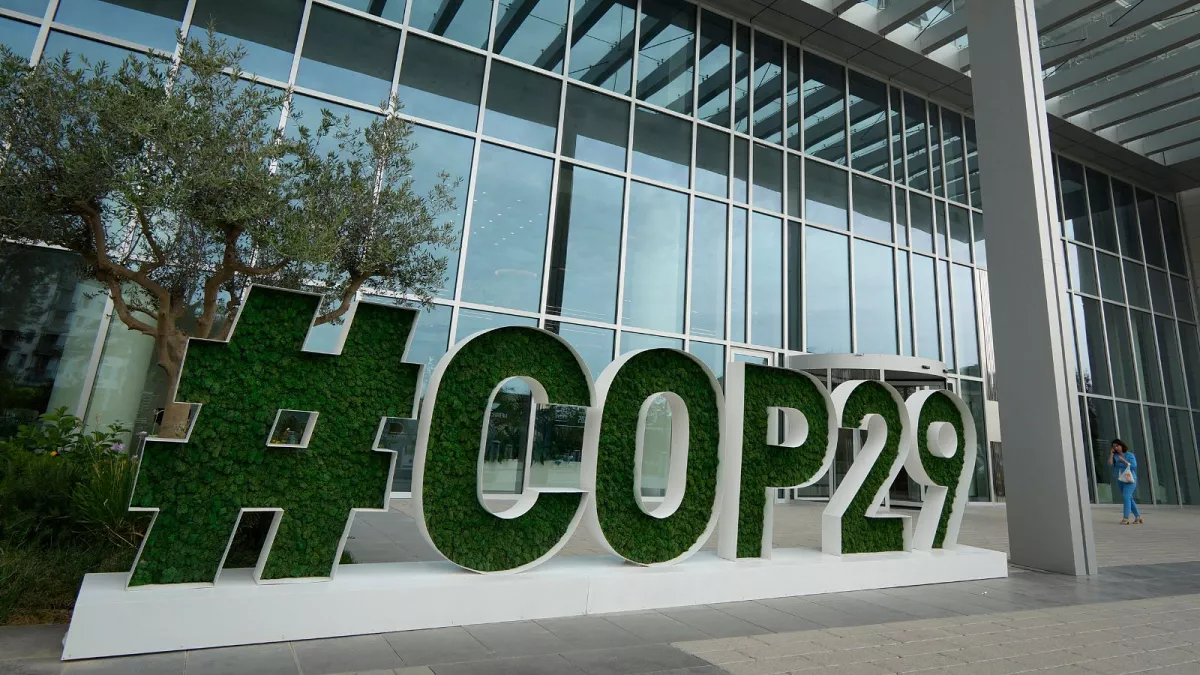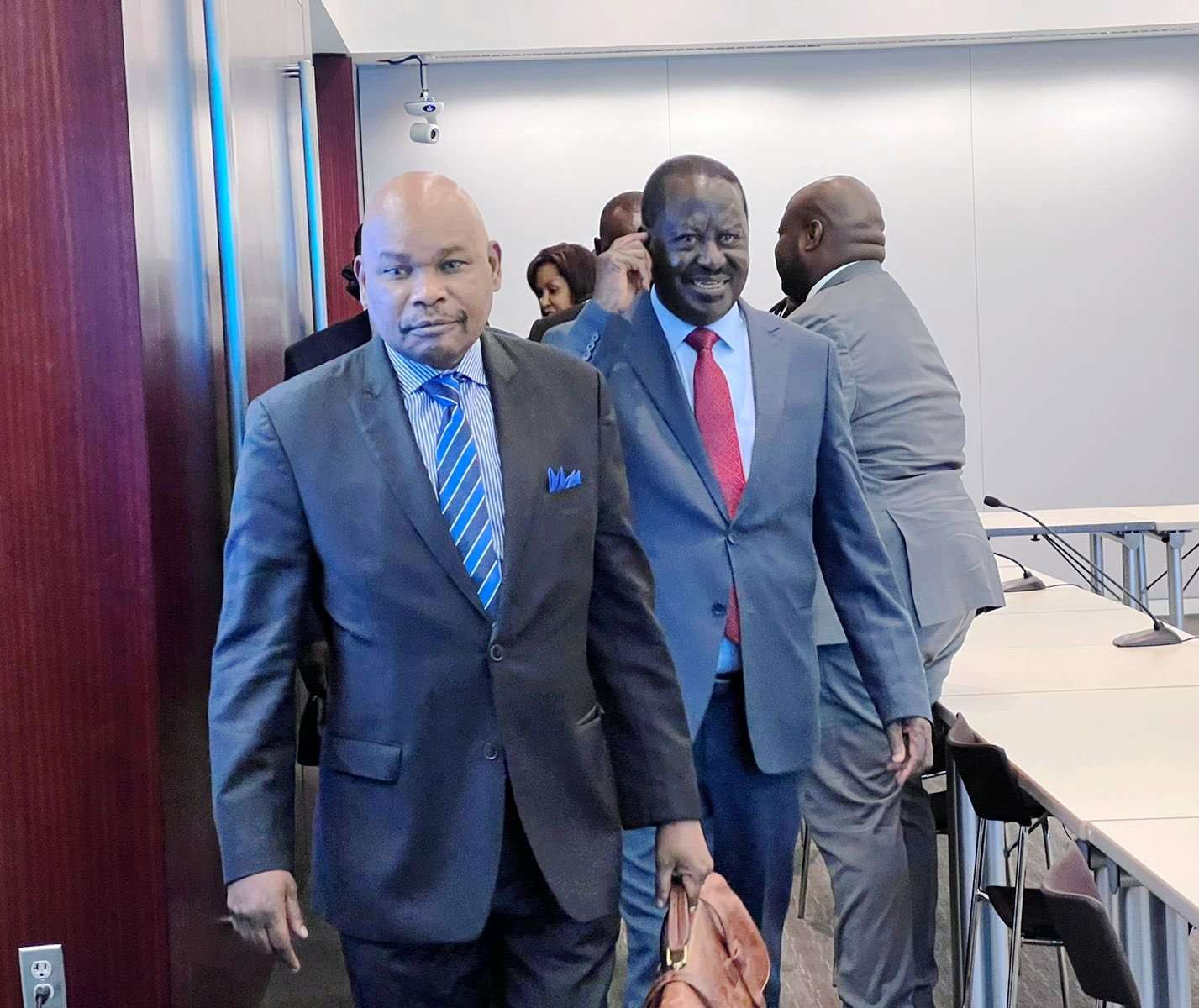As world leaders gear up for the COP29 climate conference in Baku, Azerbaijan, Amnesty International is urging wealthier nations, those most accountable for global warming, to take immediate action to address the severe impacts of climate change in Africa. Scheduled for November 11 to 22, 2024, COP29 presents a pivotal opportunity for these nations to fully compensate for the catastrophic loss of homes, livelihoods, and human rights violations stemming from climate disasters, which have displaced millions across the African continent.
Amnesty’s call comes in response to the mounting toll of climate change on African nations, with droughts, floods, storms, and extreme heat ravaging communities from Somalia to Senegal, Chad to Madagascar. The human cost of these disasters includes not only loss of shelter and food insecurity but also an increased risk of gender-based violence, disrupted healthcare, and educational opportunities, and even death.
The global rights group is urging wealthier countries to fulfil their responsibility by agreeing to fund both the Loss and Damage Fund, designed to address the unavoidable harms caused by climate change—and African governments’ adaptation measures**. These measures are essential to prevent further forced displacement and protect vulnerable populations. However, rich nations have sledged less than $700 million towards the $400 billion estimated by low-income countries as necessary for addressing loss and damage by 2030. Meanwhile, sub-Saharan Africa alone may require between $30 to $50 billion annually for climate adaptation.
Samira Daoud, Amnesty International’s Regional Director for West and Central Africa, emphasized the injustice of the situation: “African people have contributed the least to climate change, yet from Somalia to Senegal, Chad to Madagascar, we are suffering a terrible toll of this global emergency which has driven millions of people from their homes. It’s time for the countries who caused all this devastation to pay up so African people can adapt to the climate change catastrophe.”
The research conducted by Amnesty shows that climate-induced displacement is widespread across Africa. In, Somalia, protracted droughts and recurrent floods have displaced over a million people, pushing vulnerable communities into camps or across borders to Kenya and Ethiopia. In Senegal, rising sea levels have destroyed entire villages, forcing thousands inland without adequate support. In Chad, extreme temperatures are pushing livestock herders southward, leading to deadly clashes with farmers due to a lack of conflict management resources.
The organization also highlights the devastating effects of droughts in Southern Madagascar, where a six-year dry spell has displaced over 56,000 people, creating new human rights violations as displaced individuals seek new land to settle. Southern Africa is similarly suffering under recurring droughts, with Angola seeing women and children migrating in search of food, increasing the risk of trafficking, exploitation, and violence. Many countries, including Namibia, Lesotho, and Malawi, are facing food insecurity due to droughts but lack the funds to respond effectively.
Despite the overwhelming scale of the crisis, African governments are unable to meet the urgent needs of their citizens without external financial support. As Amnesty’s Regional Director for East and Southern Africa, Tigere Chagutah, put it, “The countries that caused these rapidly escalating unnatural disasters must foot the bill to address them.”
The solution, Amnesty argues, is not just about mobilizing funds, but ensuring that the funds are distributed equitably. The Loss and Damage Fund must be used to directly support the communities most affected by climate change in Africa. Furthermore, international financial institutions must grant debt relief to African nations to allow them to invest in climate adaptation without being burdened by unsustainable debt repayments. For example, Ethiopia has been spending three times as much on debt servicing as on adapting to climate change, while countries like Congo and Mozambique face similar struggles.
Amnesty’s message to world leaders ahead of COP29 is clear: richer countries must commit to fully funding loss and damage compensation and adaptation measures for Africa. But this commitment must go beyond words. The nations responsible for climate change, along with international financial institutions, must follow through on their pledges and deliver the resources necessary for Africa’s climate resilience. “Africa cannot wait any longer,” said Chagutah.
As COP29 approaches, the pressure is mounting on wealthy countries to act decisively. The future of millions of people in Africa is at stake, and the time for half-measures and empty promises is over.





